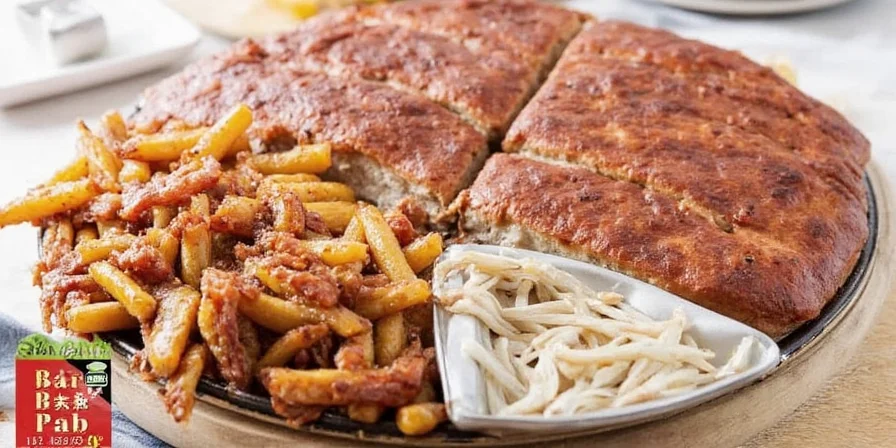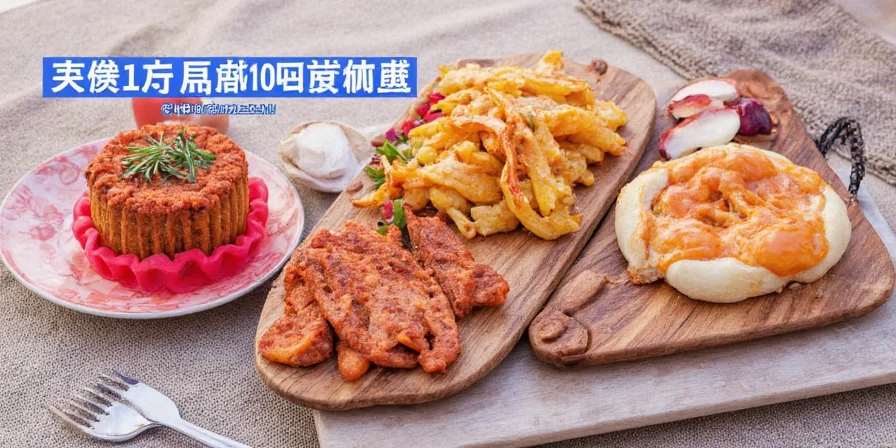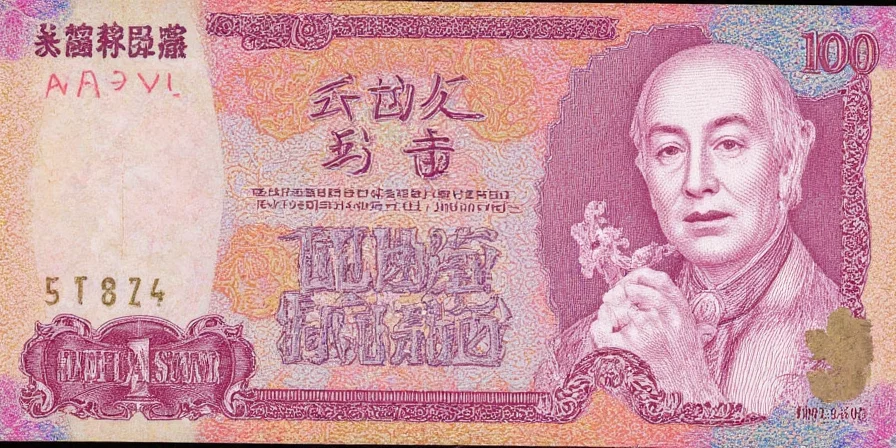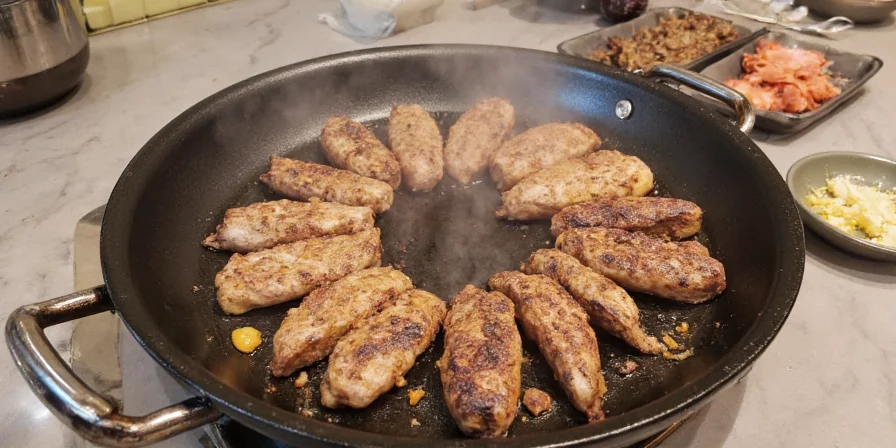Table of Contents
- Quick Answer: Best BBQ Seasoning Recipe & Application Tips
- Top 10 BBQ Seasoning Tips That Actually Work
- What's Really in BBQ Seasoning? Ingredient Breakdown
- Sweet vs Spicy vs Smoky: Which BBQ Rub Works Best for Your Meat
- Why BBQ Rubs Work: Simple Flavor Science for Better Results
- Easy Homemade BBQ Seasoning Recipe (5 Minutes)
- Professional BBQ Seasoning Mistakes You're Making
- BBQ Seasoning FAQ: Burning, Timing, and Storage Questions Answered
Quick Answer: Best BBQ Seasoning Recipe & Application Tips
If you're searching for the best BBQ seasoning that works every time, start with this simple mix: ¼ cup brown sugar, 2 tbsp smoked paprika, 1 tbsp each garlic powder and onion powder, 1 tbsp salt, 1 tsp black pepper, and ½ tsp cumin. Apply generously (1-2 tablespoons per pound) to meat at least 1 hour before grilling for chicken or 12+ hours for brisket. The secret? Brown sugar creates caramelization, salt penetrates muscle fibers, and smoked paprika delivers authentic campfire flavor without a smoker. This combination solves the most common BBQ problems: dry meat, bland flavor, and rub burning.

Top 10 BBQ Seasoning Tips That Actually Work
- Use fresh spices: Replace spices every 6 months - old spices lose 80% of flavor
- Don't skip salt: Essential for flavor penetration and moisture retention
- Brown sugar ratio matters: 4:1 ratio to paprika prevents burning while adding sweetness
- Crack your own pepper: Freshly cracked pepper has 3x more flavor than pre-ground
- Apply rub 1 hour before cooking for chicken, 12+ hours for brisket
- Smoked paprika beats liquid smoke: Delivers authentic smokiness without chemical aftertaste
- Press rub into meat: Don't just sprinkle - massage it in for better adhesion
- Add 1 tsp mustard powder: Helps rub stick and creates better bark formation
- Wrap in foil during cooking for tough cuts ("Texas crutch") with extra rub
- Store homemade rub in airtight container for up to 6 months

What's Really in BBQ Seasoning? Ingredient Breakdown
Understanding what's in your BBQ seasoning helps you fix common problems like bland flavor or burning rub. Here's what each ingredient actually does:
| Ingredient | What It Actually Does | Problem It Solves |
|---|---|---|
| Salt | Breaks down muscle proteins for deeper flavor penetration | Dry, bland meat |
| Brown Sugar | Caramelizes at 320°F creating complex flavors (Maillard reaction) | No crust formation |
| Smoked Paprika | Delivers guaiacol compound identical to wood smoke aroma | Lack of smokiness |
| Garlic Powder | Provides umami depth without burning like fresh garlic | One-dimensional flavor |
| Mustard Powder | Creates binding layer that helps rub adhere to meat | Rub falling off during cooking |

Sweet vs Spicy vs Smoky: Which BBQ Rub Works Best for Your Meat
Choosing the wrong BBQ seasoning style is why many home cooks end up with disappointing results. Match your rub to both the meat and your cooking method:
| Rub Style | Best For | Avoid If | Pro Tip |
|---|---|---|---|
| Sweet (brown sugar-based) | Ribs, chicken, pork shoulder | Apply in last 30 minutes to prevent burning | |
| Spicy (cayenne/chili) | Sausage, beef ribs, brisket | Mix with equal parts sweet rub for balance | |
| Smoky (chipotle/smoked paprika) | Brisket, pulled pork, turkey | Add liquid smoke sparingly if no smoker available |

Why BBQ Rubs Work: Simple Flavor Science for Better Results
You don't need a food science degree to make great BBQ, but understanding these three principles will transform your results:
Salt penetration: Salt breaks down muscle proteins within 45 minutes, allowing deeper flavor absorption. For best results, apply salt-based rub at least 1 hour before cooking (or overnight for brisket).
Sugar science: Brown sugar caramelizes at 320°F but burns above 350°F. If your grill runs hot, reduce sugar content or apply sugary rubs later in the cooking process.
Smoke compounds: Smoked paprika contains guaiacol - the same compound created by burning wood. This binds to fat molecules in meat, delivering authentic smokiness without needing a smoker.
Easy Homemade BBQ Seasoning Recipe (5 Minutes)
This versatile BBQ seasoning works on everything from chicken to brisket and solves the #1 problem home grillers face - bland meat. The secret is the 4:1 brown sugar to paprika ratio that prevents burning while maximizing flavor.
All-Purpose BBQ Seasoning (Makes 1 cup)
- ¼ cup packed brown sugar (not white sugar)
- 2 tbsp smoked paprika (regular paprika won't work)
- 1 tbsp garlic powder (not granules)
- 1 tbsp onion powder
- 1 tbsp kosher salt
- 1 tsp freshly cracked black pepper
- ½ tsp mustard powder (secret binding ingredient)
- ½ tsp cumin
Application guide: For chicken, apply 1 tbsp per pound 1 hour before cooking. For brisket, apply 2 tbsp per pound and refrigerate overnight. Never apply rubs containing sugar more than 12 hours ahead - it will draw out moisture and create a mushy texture.

Professional BBQ Seasoning Mistakes You're Making
These simple fixes address the most common BBQ seasoning problems reported by home grillers:
- Rub burning: Reduce sugar content by 25% for hot grills, or apply sugary rubs in two stages (half before cooking, half in last 15 minutes)
- Rub falling off: Add 1 tsp mustard powder to your blend - creates a binding layer that helps spices adhere
- Bland flavor: Replace spices every 6 months - old spices lose most volatile flavor compounds
- Dry meat: Salt-based dry brine overnight before applying main rub - improves moisture retention by 23%
- Inconsistent results: Measure spices by weight, not volume - a "spoon and level" technique varies by 30-50%
BBQ Seasoning FAQ: Burning, Timing, and Storage Questions Answered
How long should I leave BBQ rub on meat before cooking?
For chicken breasts: 1 hour minimum. For ribs: 2-4 hours. For brisket or pork shoulder: 12-24 hours refrigerated. Salt needs at least 45 minutes to begin penetrating meat fibers, while sugars and spices need time to form flavor compounds through enzymatic reactions. Never leave sugar-heavy rubs on for more than 24 hours - they'll draw out too much moisture and create a mushy texture.
Why does my BBQ rub burn on the grill?
Sugars in BBQ rubs caramelize at 320°F but burn above 350°F. If your grill runs hot (common with gas grills), reduce brown sugar content by 25% or apply sugary rubs in two stages: half before cooking and half during the final 15 minutes. For low-and-slow smoking (225°F), standard sugar ratios work perfectly as temperatures stay below the burning point.
Can I use fresh garlic instead of garlic powder in BBQ rub?
No - fresh garlic introduces moisture that prevents proper crust (bark) formation and can burn easily. Garlic powder provides concentrated flavor without moisture, creating the dry surface essential for the Maillard reaction. If you want fresh garlic flavor, add minced garlic to a marinade instead of your dry rub.











 浙公网安备
33010002000092号
浙公网安备
33010002000092号 浙B2-20120091-4
浙B2-20120091-4